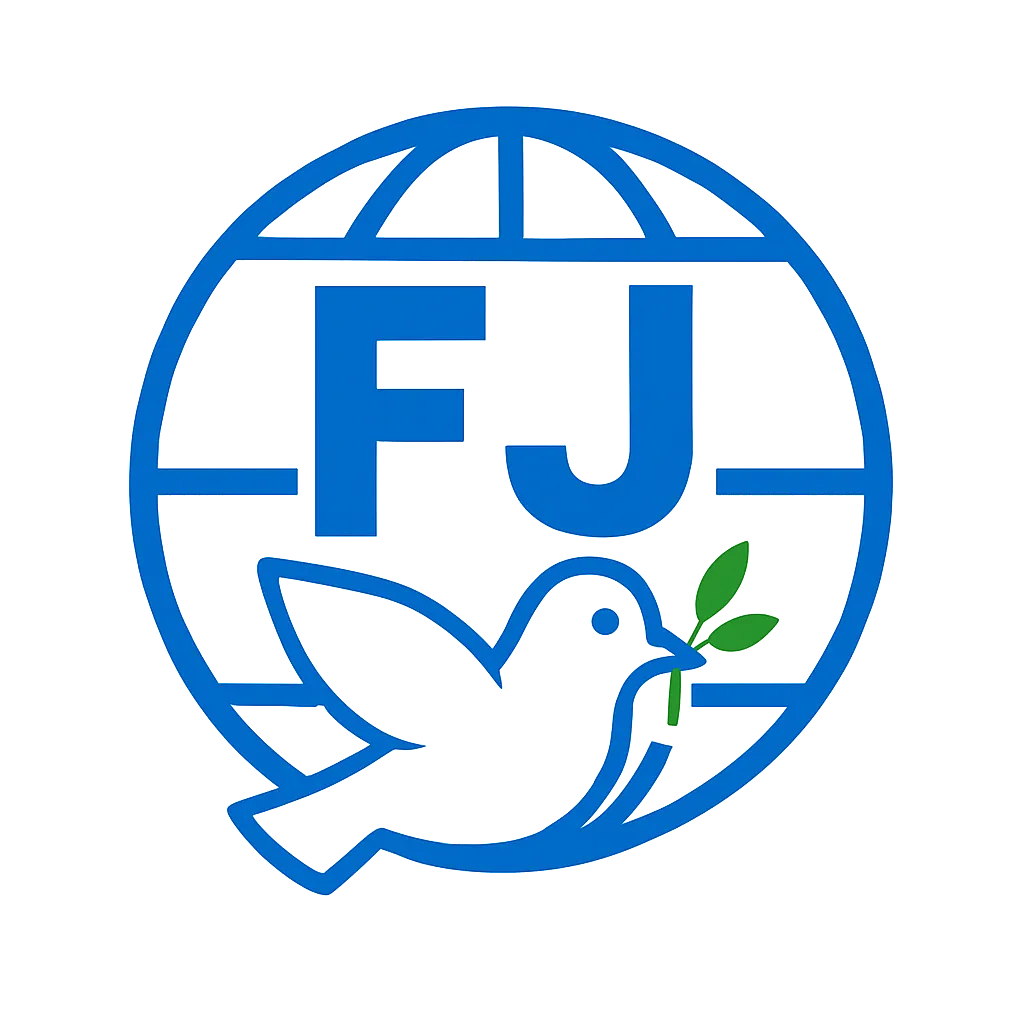Highlights from my work
Here is an overview of some of the projects and activities I am involved in.
Swiss Bumblebee® – The First Swiss Bumblebee Farm
After many years of research, I founded the first Swiss bumblebee farm together with HTC High-Tech-Center AG.
The goal is to offer bumblebees from local populations for pollinating gardens, orchards, and greenhouses.
It’s a sustainable alternative to imported pollinators.
At the same time, we support the circular economy by collecting and reusing packaging materials.
We are the first farm in the world to introduce refundable packaging systems to reduce environmental impact.
🎥 Short YouTube video - klick here
More information: https://schweizerhummel.ch/.
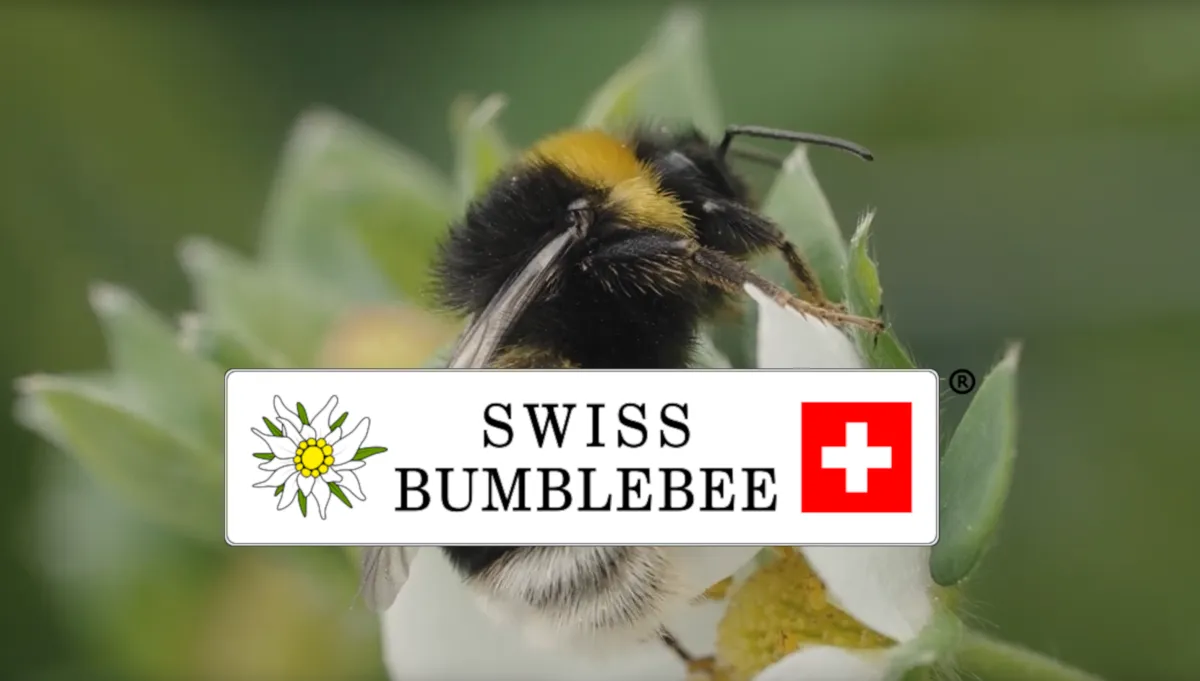
Dark Honeybee Switzerland "Apis mellifera mellifera"
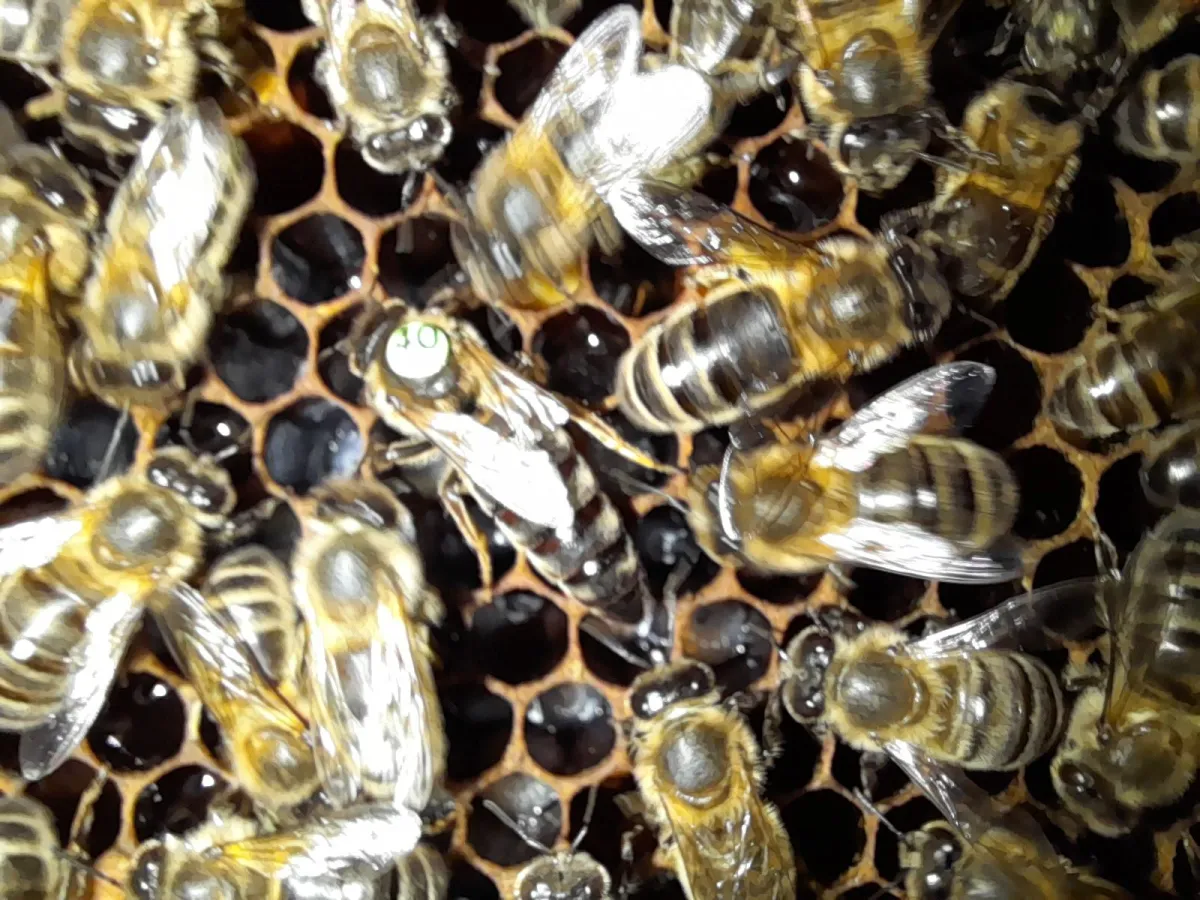
The aim of this project is the preservation, protection, and breeding of the native dark honeybee (Apis mellifera mellifera) in Switzerland.
This native subspecies has been severely reduced by the import of non-native races, which is why its protection requires increased attention and careful breeding documentation.
As part of the project, I have reared purebred queens of the native dark honeybee and managed a testing station for evaluating their performance traits.
More information:
Artificial Insemination of Bees
I have been working with artificial insemination of bees since 2014. I was trained by Prof. Dr. Peter Schley, a globally recognized expert and the designer of the insemination device brand Schley.
This method involves fertilizing a queen bee with drone sperm under controlled conditions. It allows precise control of bee genetics and prevents unwanted crossbreeding with foreign races. During the procedure, sperm is collected from selected drones and gently introduced into the queen’s spermatheca using a microscope and a special instrument.
The queen is fully anesthetized during the process, ensuring she experiences no stress or harm.
This method is mainly used in breeding and research programs, for example, in the conservation of native dark honeybee populations.
Video on artificial insemination of bees
(Author: Washington State University):
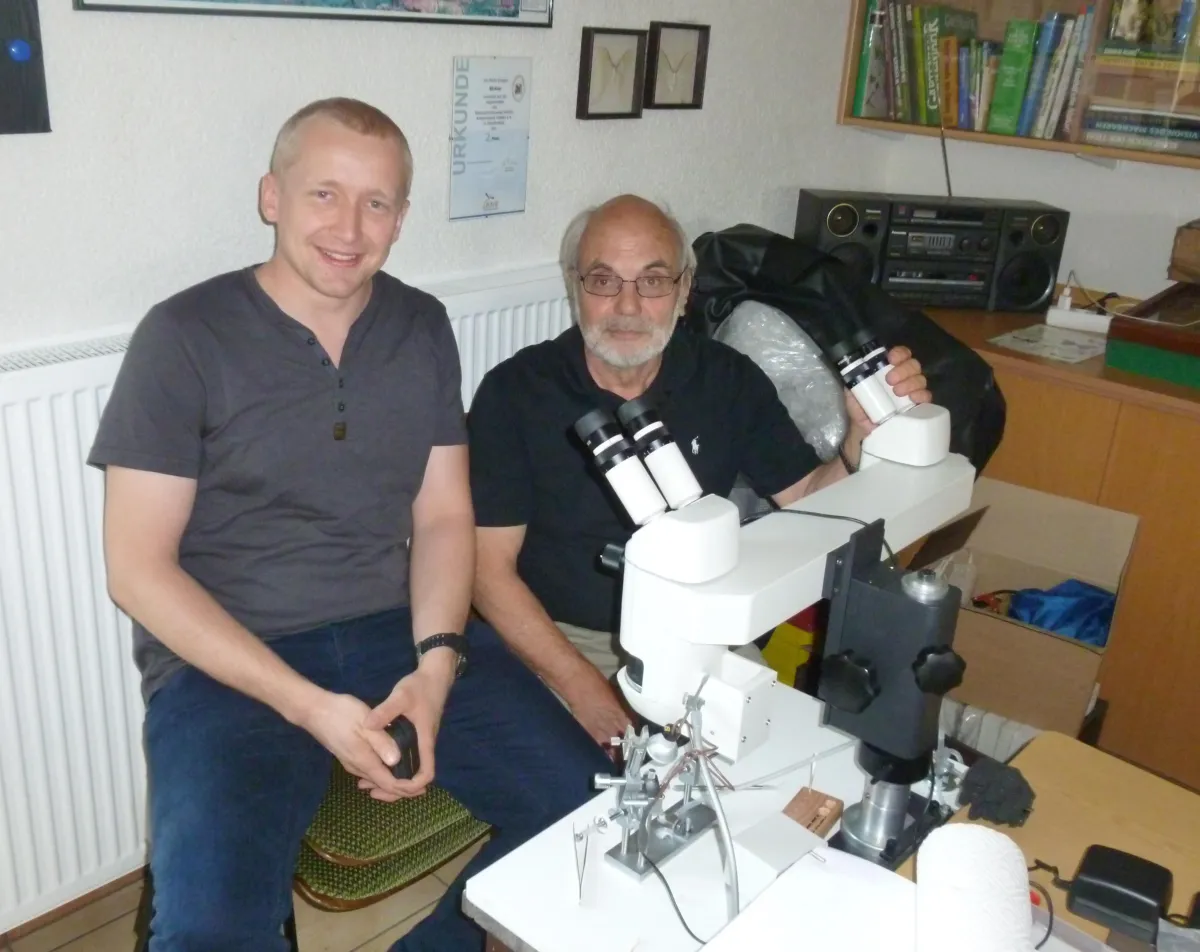
Vineyard & Permaculture
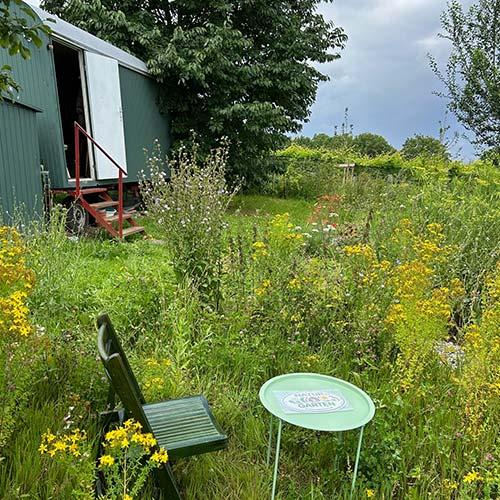
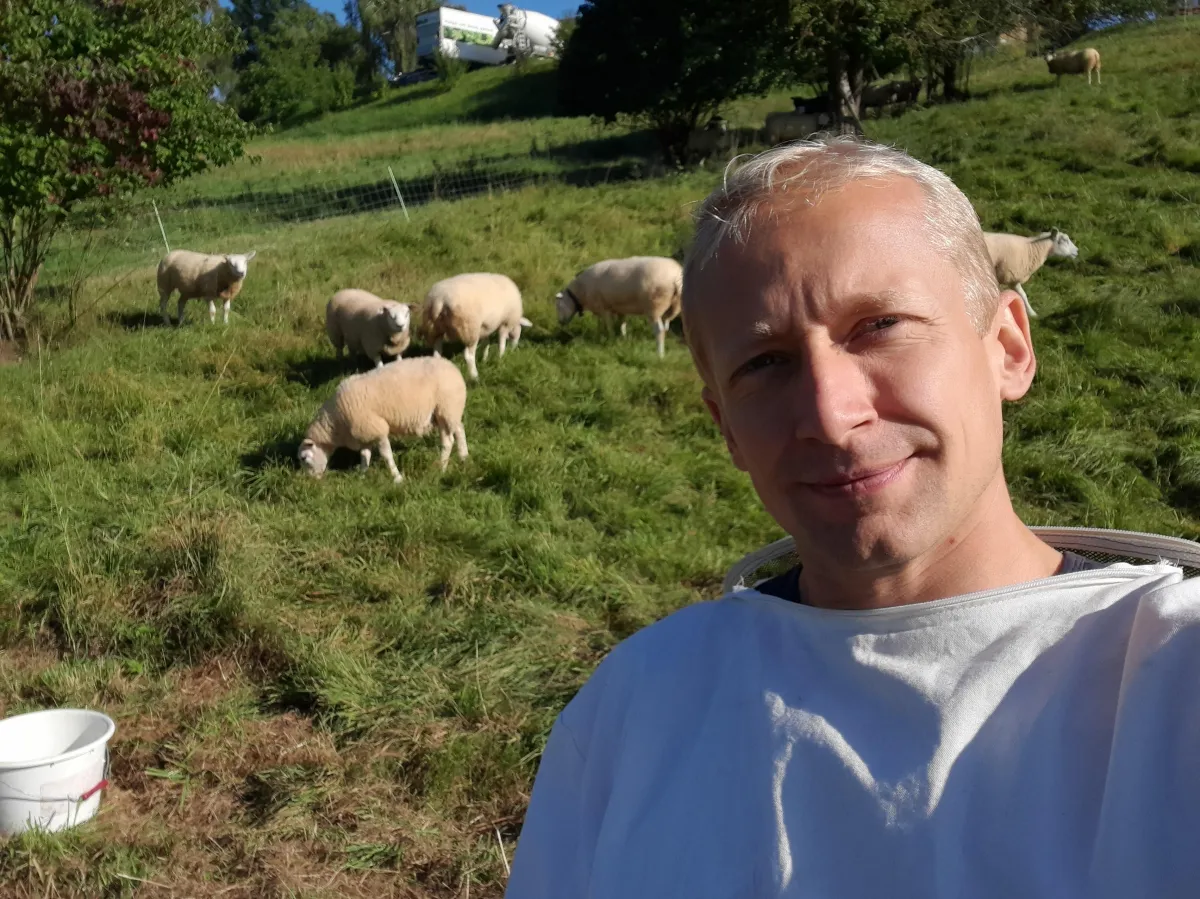
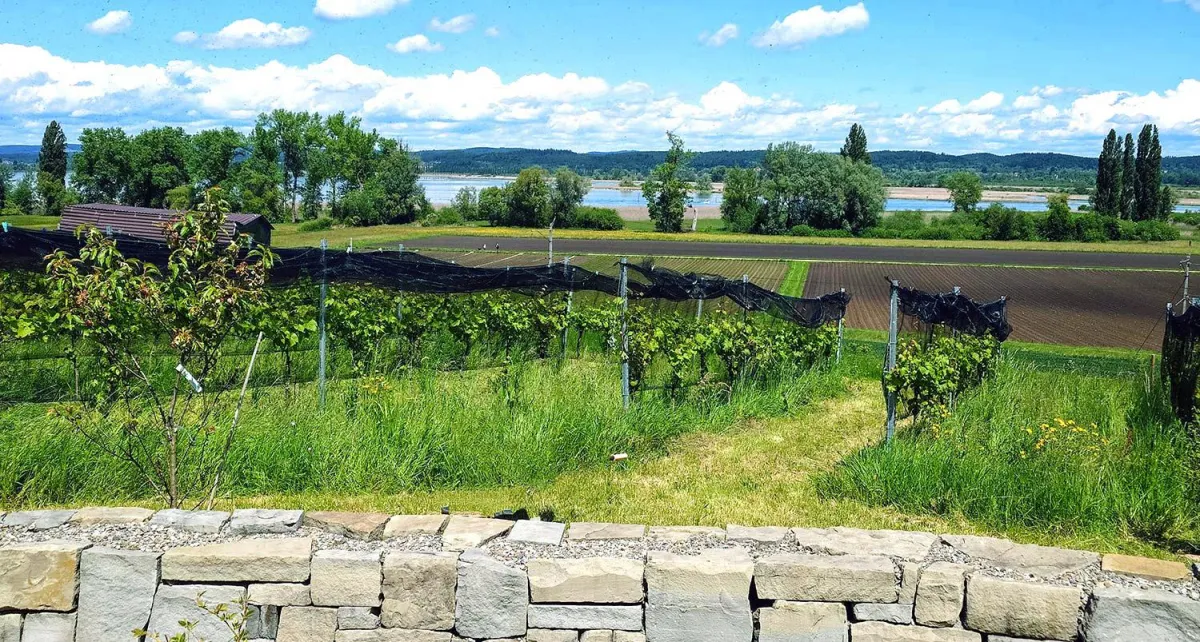
This project focuses on sustainable land management.
The vineyard serves as a testing site for PIWI grape varieties (an acronym derived from the German Pilzwiderstandsfähig), which are modern, selectively bred varieties with increased resistance to fungal diseases such as mildew.
The result is a significant reduction in the need for pesticides and a more ecological form of cultivation.
The vineyard was established in collaboration with Dipl. Master Winemaker Roland Lenz, Swiss organic winemaker of the year 2015 and 2018.
Following the principles of permaculture, we connect all elements of the environment into a single whole where people, plants, and animals create a sustainable living space.
As part of the project, we planted old and endangered varieties of apples, pears, and plums that are certified by the ProSpecieRara foundation. This Swiss foundation is dedicated to protecting the genetic diversity of plants and animals.
More info: https://www.prospecierara.ch/
The project also includes sheep that happily take care of the natural maintenance of our meadows. 🐑
More information:
Vineyard: https://www.high-tech-center.ch/htc-biodiversitaet/htc-weingarten
Permaculture: https://www.high-tech-center.ch/htc-biodiversitaet/permakultur-garten
AI & Online Marketing
Bumblebees led me into the world of programming and artificial intelligence. As my project kept growing, I realized I needed to process information efficiently and manage the entire online space.
What started as a necessity turned into a passion – even an obsession. Today, I can’t imagine my life without code, automation, and creative solutions that connect nature with technology.
My work with artificial intelligence and online marketing focuses on connecting people, projects, and companies that bring positive change.

I use modern digital tools to create intelligent systems that combine automation, creativity, and humanity. I see AI as a tool that facilitates collaboration and strengthens trust among people. My focus is on sustainable business models that benefit both nature and the market.
Highlights from my work
Here is an overview of some of the projects and activities I am involved in.
Swiss Bumblebee® – The First Swiss Bumblebee Farm

After many years of research, I founded the first Swiss bumblebee farm together with HTC High-Tech-Center AG.
The goal is to offer bumblebees from local populations for pollinating gardens, orchards, and greenhouses.
It’s a sustainable alternative to imported pollinators.
At the same time, we support the circular economy by collecting and reusing packaging materials.
We are the first farm in the world to introduce refundable packaging systems to reduce environmental impact.
🎥 Short YouTube video - klick here
More information: https://schweizerhummel.ch/.
Dark Honeybee Switzerland (Dunkle Biene Schweiz)

The aim of this project is the preservation, protection, and breeding of the native dark honeybee (Apis mellifera mellifera) in Switzerland.
This native subspecies has been severely reduced by the import of non-native races, which is why its protection requires increased attention and careful breeding documentation.
As part of the project, I have reared purebred queens of the native dark honeybee and managed a testing station for evaluating their performance traits.
More information: https://mellifera.ch/apis-mellifera-mellifera/
Artificial Insemination of Bees

I have been working with artificial insemination of bees since 2014. I was trained by Prof. Dr. Peter Schley, a globally recognized expert and the designer of the insemination device brand Schley.
This method involves fertilizing a queen bee with drone sperm under controlled conditions. It allows precise control of bee genetics and prevents unwanted crossbreeding with foreign races.
During the procedure, sperm is collected from selected drones and gently introduced into the queen’s spermatheca using a microscope and a special instrument.
The queen is fully anesthetized during the process, ensuring she experiences no stress or harm.
This method is mainly used in breeding and research programs, for example, in the conservation of native dark honeybee populations.
Video on artificial insemination of bees (Author: Washington State University):
Vineyard & Permaculture

This project focuses on sustainable land management.
The vineyard serves as a testing site for PIWI grape varieties (an acronym derived from the German Pilzwiderstandsfähig), which are modern, selectively bred varieties with increased resistance to fungal diseases such as mildew.
The result is a significant reduction in the need for pesticides and a more ecological form of cultivation.

The vineyard was established in collaboration with Dipl. Master Winemaker Roland Lenz, Swiss organic winemaker of the year 2015 and 2018.
Following the principles of permaculture, we connect all elements of the environment into a single whole where people, plants, and animals create a sustainable living space.
As part of the project, we planted old and endangered varieties of apples, pears, and plums that are certified by the ProSpecieRara foundation. This Swiss foundation is dedicated to protecting the genetic diversity of plants and animals.
More info: https://www.prospecierara.ch/

The project also includes sheep that happily take care of the natural maintenance of our meadows. 🐑
More information:
Vineyard: https://www.high-tech-center.ch/htc-biodiversitaet/htc-weingarten
Permaculture: https://www.high-tech-center.ch/htc-biodiversitaet/permakultur-garten
AI & Online Marketing
Bumblebees led me into the world of programming and artificial intelligence. As my project kept growing, I realized I needed to process information efficiently and manage the entire online space.

What started as a necessity turned into a passion – even an obsession. Today, I can’t imagine my life without code, automation, and creative solutions that connect nature with technology.
My work with artificial intelligence and online marketing focuses on connecting people, projects, and companies that bring positive change.
I use modern digital tools to create intelligent systems that combine automation, creativity, and humanity. I see AI as a tool that facilitates collaboration and strengthens trust among people. My focus is on sustainable business models that benefit both nature and the market.
